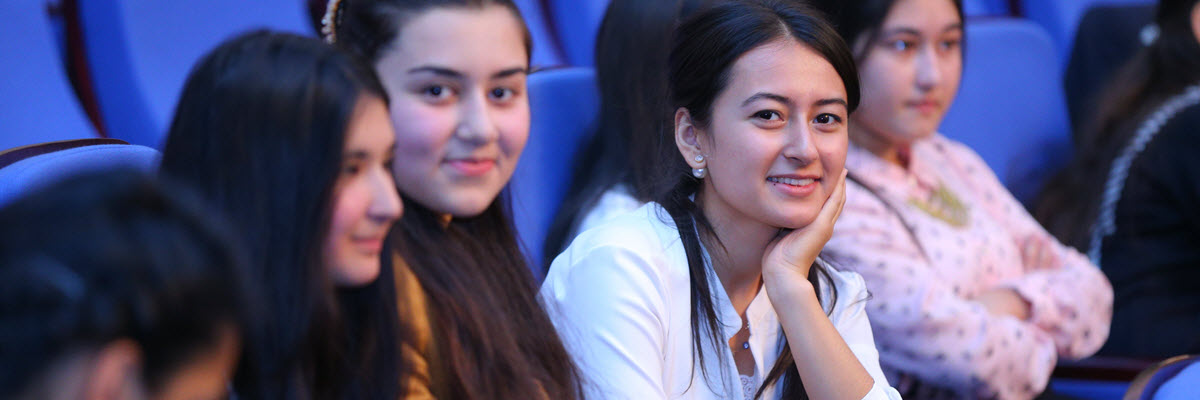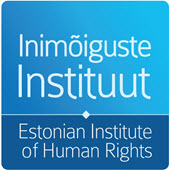
Combatting discrimination and violence against women through advocacy, education, and awareness raising
Tajikistan is an overwhelmingly patriarchal society where women face barriers to economic participation and career advancement as well as the heavy burden of household chores and societal expectations. Changing attitudes of both men and women is needed to address discrimination.
Gender-based violence is also endemic and regularly affects half of all women in the country. While in recent years laws have been introduced to combat violence against women, many women are unwilling to report and are often told to endure abuse for the sake of their marriage or family's reputation. Due to large migration outflows from Tajikistan, many fathers and husbands send regular financial support, but some women are left stranded without an income and are forced to rely on their wider families, or the state, while battling harmful prejudices within their communities.
EFCA-Tajikistan is committed to improving the lives and position of women in society through economic empowerment, advocacy and awareness-raising of the existing laws in Tajikistan which support gender equality. We believe in combatting gender-based violence and discrimination through a dual approach of improving the reporting and resolution of cases of abuse while also improving the position of women within their families. This can be achieved through awareness-raising and economic empowerment of women. Enabling women to contribute to the financial security of their households can help them to improve relationships with family members, and challenge perceptions of gender roles within their communities.



With this project we aim to increase the reporting of incidents of GBV, streamline institutional frameworks, expand the scope and awareness of legal remedies, and improve the availability of accurate data on GBV and its causes. For more details click here. More details ...
We established a women's collective where women attend practical training sessions on topics such as accounting, computer literacy, soil and water conservation and sewing skills. The project empowered rural women to seek employment and contribute to the financial stability of their families. The project piloted in Khuroson and was then expanded to Jahonzeb district.